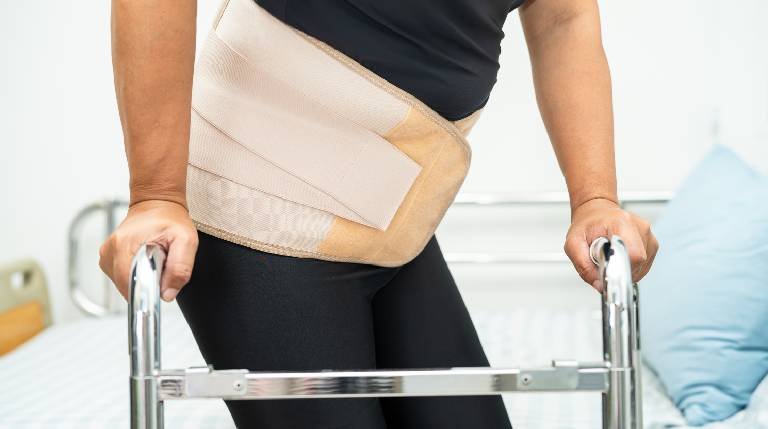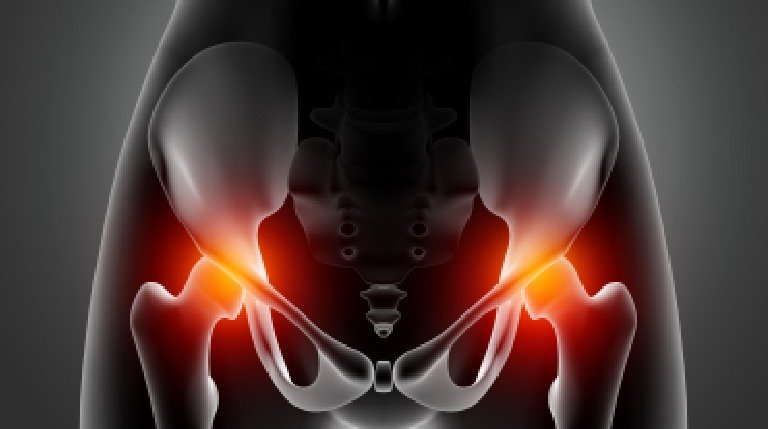
Signs and Advantages of Hip Replacement Surgery
Introduction
Are you experiencing hip pain due to arthritis, a fracture, or another condition? Do you experience discomfort or trouble performing everyday tasks? For example, walking or getting in and out of a chair can be uncomfortable or challenging. Do you have a tight hip, and it is challenging to put on your shoes and socks? Then this blog will prove helpful and informational for you if you are thinking of hip replacement surgery in gurgaon. So, read it till the end.
The following are the signs you may need to go for a Hip Replacement Surgery.
- Hip issues can occur in some infants and young children. The problems may still lead to arthritis in later life, even if they are successfully treated in childhood. This happens due to the joint surfaces being impacted and the hip’s potential abnormal growth.
- The blood flow to the femoral head may be restricted by a hip injury, such as a fracture or dislocation. This condition is called osteonecrosis (also sometimes referred to as avascular necrosis). A lack of blood may cause the bone’s surface to collapse, which will lead to arthritis. Osteonecrosis may also result from certain illnesses.
- Osteoarthritis is a wear-and-tear kind of arthritis that develops with age. People over 50 are most commonly affected, and people with a family history of arthritis are also frequently affected. Hip bones’ cushioning cartilage deteriorates over time. The subsequent rubbing of the bones results in hip stiffness and pain. The development of the hip during childhood may potentially include modest anomalies that contribute to or accelerate osteoarthritis.
- An inflammatory disorder called rheumatoid arthritis causes thickening and inflammation of the synovial membrane. Pain and stiffness might result from this persistent inflammation’s harm to the cartilage. Inflammatory arthritis is a phrase used to describe a group of diseases, with rheumatoid arthritis being the most prevalent type.
- Following a significant hip fracture or injury, posttraumatic arthritis is possible. Hip pain and stiffness could develop over time if the cartilage is compromised.
Advantages of having a Hip Replacement Surgery
Surgery to replace your hip can relieve your pain, increase your range of motion, and let you resume your regular daily activities. It is a safe and successful technique. A total hip replacement, also known as total hip arthroplasty, involves the removal of the diseased bone and cartilage and its replacement with artificial parts.
- One of the significant advantages of getting a hip replacement is that it significantly reduces hip pain. Almost all patients report total (or nearly total) relief from arthritic hip pain after having a hip replacement.
- You should be able to walk without assistance after your hip replacement. After this operation, it will also be simpler to carry out other challenging tasks for people with osteoarthritis, such as standing up from a chair, putting on socks, and walking upstairs.
- Future unexpected wounds and injuries can also be avoided with a hip replacement.
- With a hip replacement, you won’t have to worry about your mobility preventing you from engaging in daily activities. You will reclaim your independence and resume enjoying life when you can engage in activities.
Conclusion
Consult a doctor for appropriate medical guidance. Book an appointment in YKOthopedics for correct advice and treatment. Call at +91 8851376606




